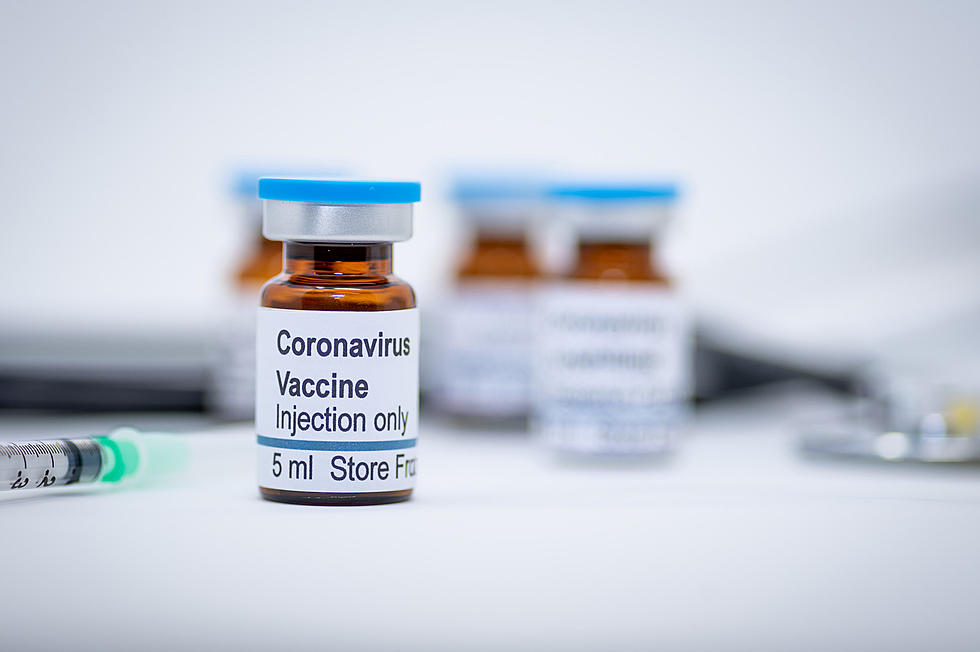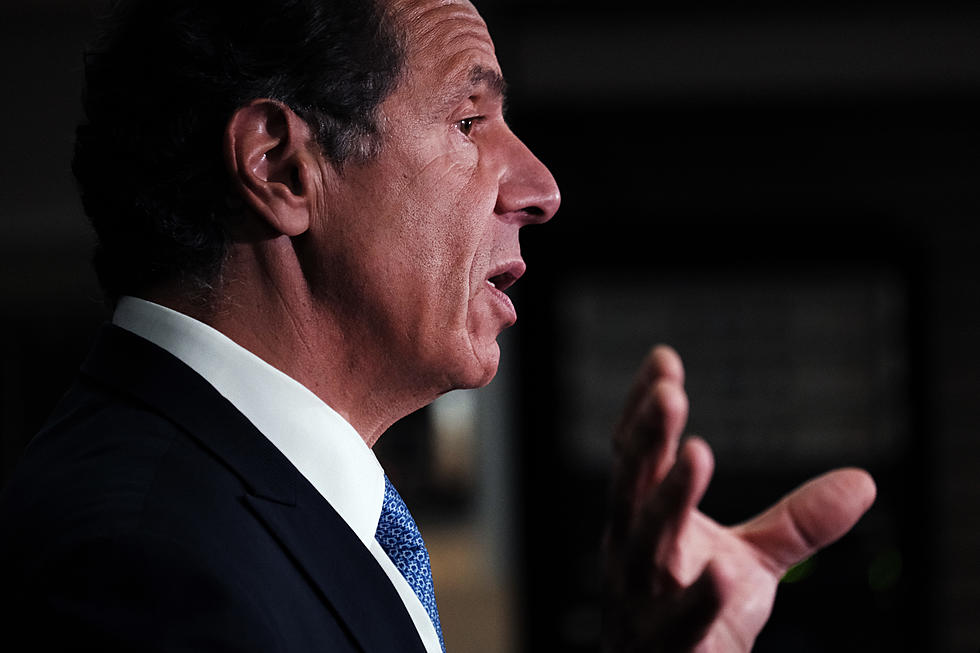
Lying Prisoners: New Laws Crack Down on Jailhouse Informants
By DAVE COLLINS Associated Press
HARTFORD, Conn. (AP) — A movement to put jailhouse informants under a more powerful microscope before they testify is gaining traction around the country, a byproduct of new DNA testing technology that has exonerated dozens of people wrongly locked up based on informants' lies.
Several states have moved to toughen regulations on the use of such informants, whose credibility has always been an issue because they're motived to get their sentences reduced.
The new rules include requiring pretrial hearings on whether prisoners' testimony should be allowed and forcing prosecutors to disclose any deals with informants as well as their history of testifying in other cases.
In Connecticut, Democratic Gov. Ned Lamont signed a wide-ranging bill in July that will create the nation's first statewide system to track the use of jailhouse informants, including any benefits offered in exchange for their testimony.
"We're really seeing the issue start to gain momentum around the country," said Rebecca Brown, policy director for the New York-based Innocence Project, which works to exonerate the wrongly convicted. "Jailhouse informant testimony is one of the leading factors in wrongful convictions."
Of the 365 people exonerated nationwide by DNA evidence, nearly one in five were convicted based in part on lying informants, according to the Innocence Project.
Federal court rulings and the Constitution do require prosecutors to turn over certain information about witnesses, including exculpatory evidence favorable to the defense. But civil liberties advocates say new laws are needed to specify exactly what kind of information must be disclosed including key details about informants.
While prosecutors agree there needs to be skepticism about jailhouse informants, they say such witnesses offer crucial, truthful information that helps bring perpetrators to justice in many cases. Some worry new informant laws take witness credibility determinations out of the hands of juries and leave it to judges to decide before cases even go to trial.
Fellow inmates were key in bringing down Connecticut serial killer William Howell, who is serving a life sentence for killing seven people in 2003. One of Howell's cellmates, convicted killer of four Jonathan Mills, told authorities that Howell talked about the killings and where he buried the victims. It's not clear if Mills, also serving life in prison, received any benefits for providing the information. Officials have said inmates were among several people who applied for the $150,000 reward in Howell's case, but the prisoners' names haven't been disclosed for their own safety.
Advocates for Connecticut's new law cited the DNA-based exonerations of two men — Alfred Swinton and Miguel Roman — who were freed after they both spent about two decades in state prison for killings they did not commit. Bogus testimony by prisoners about confessions played roles in both cases.
The informants in the Swinton and Roman cases both denied on the witness stand that they were getting any benefits for their testimony. But the Swinton informant was ultimately released from prison early, and the Roman informant had several of his pending charges dismissed, defense lawyers said.
Connecticut's new law also requires judges to hold a pre-trial hearing, if requested by the defense, on whether an informant's testimony is reliable and admissible.
In November, Illinois lawmakers overrode a veto by then-Gov. Bruce Rauner, a Republican, and approved one of the nation's toughest tests for allowing testimony by jailhouse informants. It requires judges to make pretrial inquiries into the veracity of prisoners' testimony before allowing or barring it.
One of the advocates for the Illinois law was James Kluppelberg, who was exonerated after spending 25 years in prison for setting a fire in Chicago that killed a woman and her five children in 1984. A jailhouse informant who implicated Kluppelberg four years after the fire later recanted his story and admitted he testified to reduce his potential prison time to criminal charges he was facing.
"I was floored," Kluppelberg told The Associated Press. "I was stunned over the fact that they believed him. It was a shock to the system.
"I lost 25 years of my life because of his testimony," the 54-year-old Illinois native said. "I didn't get to see my three children grow up. I did not get to go to my mother's funeral. I did not get to see my sisters grow up. All these things were stolen from me."
Kluppelberg, who was freed in 2012, said he suffers from post-traumatic stress disorder from being in prison.
"Nobody should ever have to suffer what I went through if it's preventable," he said. "If (the law) even stops it from happening to one person, it's worth its weight in gold."
Nebraska lawmakers and Republican Gov. Pete Ricketts approved a new jailhouse informant law in April. It requires prosecutors to tell defense lawyers any benefits they offer to prisoners, other cases in which they testified and any cases where they recanted testimony, among other information.
Wrongful convictions also led Texas lawmakers to toughen the rules on jailhouse informants in 2017. The state's law requires prosecutors to keep records on the use of jailhouse informants and any deals they get because of their testimony. It also mandates prosecutors release certain information about informants to defense lawyers.
Although Texas and other states are now tracking the use of informants, county prosecutors are keeping the records and only Connecticut will be keeping a statewide system, Innocence Project lawyers said. One problem, they said, is prosecutors in one county may not know about an informant's testimony in other counties.
Prosecutors in Oklahoma and Florida must also disclose information on jailhouse informants to defense lawyers, under rulings by state appellate courts.
Several states, including California, Connecticut, Oklahoma and Utah, further require juries to be given instructions that jailhouse informants' testimony must receive greater scrutiny.
The use of imprisoned informants also has come under more scrutiny because of a scandal in Orange County, California , where federal authorities continue to investigate allegations that county officials illegally used prisoners to try to get incriminating information from defendants awaiting trial — in violation of the defendants' right to have their lawyer present. County authorities have repeatedly denied the existence of such an operation.
The investigation stemmed from questions about the county's use of informants raised five years ago by a public defender representing Scott Dekraai, the man now serving a life sentence for killing eight people at a hair salon in Seal Beach, California. Improper use of an informant in Dekraai's case led a judge to eliminate the death penalty as a possible punishment for the killings.
The county's misuse of jailhouse informants has likely tainted the cases of nearly 150 other defendants and has led to several retrials, according to civil liberties advocates.
"If we have to have informants, there should be very specific and enforceable guidelines on when you can use them and what you have to disclose," said Somil Trivedi, a senior staff attorney for the American Civil Liberties Union, which sued Orange County over its use of informants.
The lawsuit was dismissed on technical grounds, but the ACLU is appealing.
More From KTEM-AM









